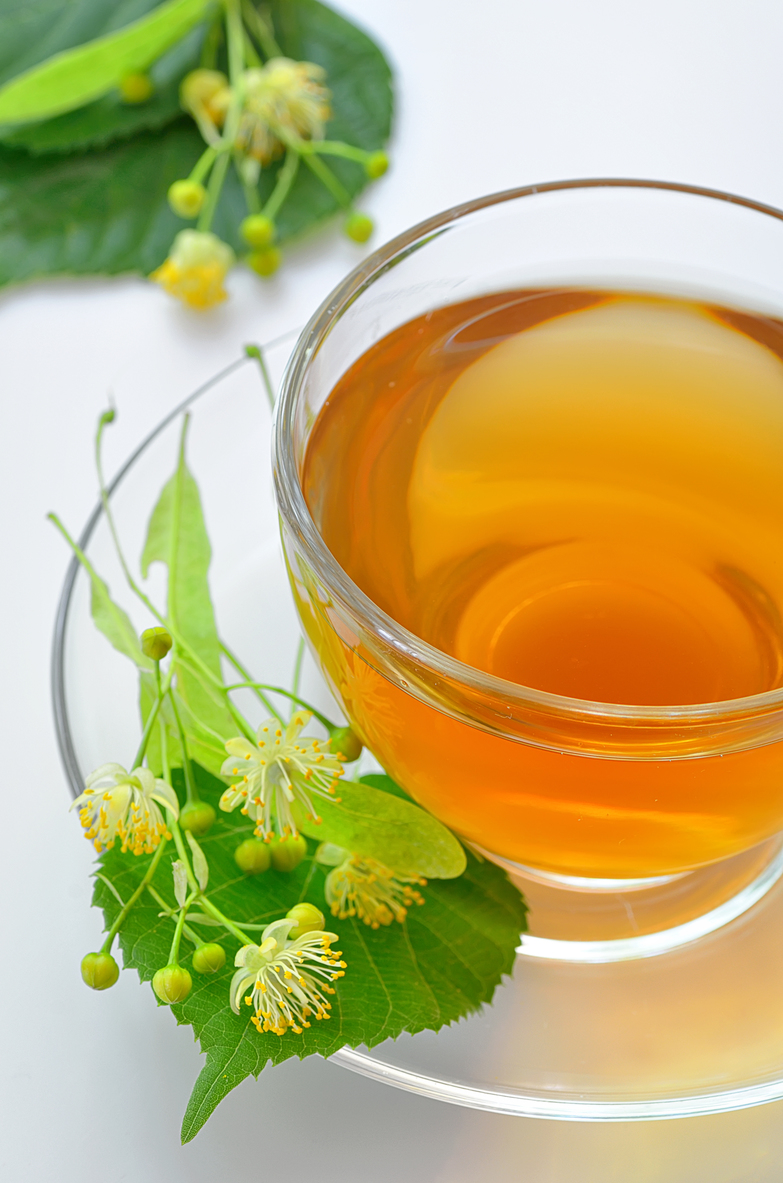
Some unvaccinated people believe that they are shedding the spike protein. This can be due to the lack of understanding of how COVID-19 vaccination works and due to misleading information by some “experts”.
The COVID vaccination causes the body of the vaccinated to produce an envelope protein of the coronavirus called “spike protein”.
In the next step, the body produces antibodies against this spike protein. These antibodies are designed to render the coronavirus harmless in the event of an infection. After the vaccination, the spike protein circulates in the body of vaccinated individuals and is most likely excreted through respiration, through the skin, and body fluids such as sweat, saliva, or semen, a process known as “shedding.”
Thus, unvaccinated individuals who have contact with vaccinated individuals may also experience symptoms caused by the spike protein, such as increased menstrual bleeding, miscarriages, severe menstrual pain, skin rashes, strokes and other symptoms.
The spike protein by itself appears to be the main cause for the COVID symptoms (COVID is primarily a vascular disease, not a respiratory disease), and it is capable of damaging the body through several mechanisms.
So unvaccinated people can’t shed the spike protein.
I have many protocols: for viral shedding and other COVID-19 vaccine-related symptoms of both vaccinated and unvaccinated people but firstly it needs to be established if we are dealing with viral shedding or something else.
The best way to establish if you have been exposed to viral shedding by a vaccinated person, is to go on the health analytical tool or do live blood microscopy , both of which will give us a lot of insights. People with any chronic condition/s like heart conditions for instance are more vulnerable to spike protein.
Spike protein can cause damage to the vascular walls, formation of autoantibodies resulting in autoimmune conditions. One of the most common conditions I see in my clinic is myocarditis (inflammation of the heart muscle) and pericarditis (inflammation of a flexible membrane surrounding the heart. Early diagnosis and treatment of both conditions usually reduces the risk of the long-term complications. Myocarditis may lead t0 blood clots developing in the heart and can triggers a stroke or heart attack. Long term complications are scaring (fibrosis) of the heart muscle.
For individuals experiencing complications potentially related to the spike protein, natural medicine offers several supportive strategies:
- Anti-inflammatory Diet:
- A diet rich in anti-inflammatory foods can help manage systemic inflammation. This includes foods high in omega-3 fatty acids (like fish and flaxseed), antioxidants (berries, leafy greens), and spices like turmeric and ginger.
- Herbal Support:
- Herbs such as curcumin (found in turmeric), quercetin (found in apples and onions), and resveratrol (found in grapes and red wine) have anti-inflammatory and antioxidant properties that may help reduce inflammation and oxidative stress. But there are many more specific herbs depending on the patients’ clinical presentation. For instance, Pine needle tea, percolated in a coffee machine with star anise offers some protection against blood clots.
- Supplements:
- Vitamin D, C, Selenium and Zinc: These nutrients support immune function and may help modulate inflammation.
- N-acetylcysteine (NAC): This supplement supports glutathione production, an important antioxidant that helps reduce oxidative stress.
- Lifestyle Changes:
- Regular exercise, adequate sleep, and stress management are crucial in maintaining overall health and reducing inflammation.
- Detoxification Support:
- Supporting the body’s detoxification pathways through proper hydration, a fiber-rich diet, and liver-supportive herbs (such as milk thistle) can help the body clear any residual spike protein and reduce symptoms.
- Regular Monitoring and Early Diagnosis:
- For those with chronic conditions or who have experienced significant adverse reactions, regular health monitoring, including live blood microscopy and other diagnostic tools, can be helpful. Early diagnosis and treatment of conditions like myocarditis or pericarditis can reduce long-term risks.
If you would like to know more about how the DH-Natural Medicine Clinic can help you, please call us now on
(02) 4854 0205
 Danuta Hulajko is a Naturopath, international speaker and the founder & practitioner at the DH Natural Medicine Clinic in the Southern Highlands .
Danuta Hulajko is a Naturopath, international speaker and the founder & practitioner at the DH Natural Medicine Clinic in the Southern Highlands .
Danuta specialises in Allergies, Anti-Aging, Auto-Immune Conditions, Cardiovascular Conditions, Female Reproductive, Long Covid, Menopause, Mould Toxicity, Skin Conditions, Stress and Insomnia and Thyroid Dysfunction.


